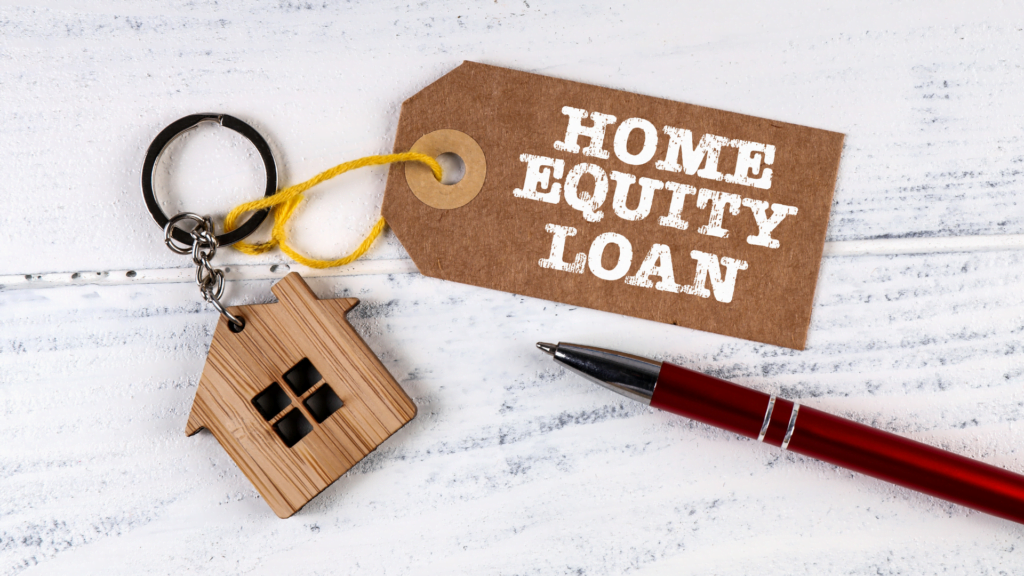What’s Home Equity, and how is it Calculated?
Home equity is a term that many homeowners hear but might not fully understand. It’s a significant component of a homeowner’s financial health, offering potential opportunities for loans, refinancing, or selling one’s home. This guide will delve into what home equity is, how it’s calculated, and its importance in the broader context of homeownership.
What is Home Equity?
Home equity represents the portion of your property that you truly own, as opposed to the portion still owed to the lender. It’s the difference between the market value of your home and the outstanding balance of all liens on the property, such as mortgages. As you pay down your mortgage or as the value of your property increases, your home equity increases. This financial metric is a powerful tool for homeowners, serving as a means to borrow money through loans or lines of credit, often for making home improvements, consolidating debt, or financing large purchases.
Calculating Home Equity
Calculating your home equity is a straightforward process. The formula is:
Home Equity=Current Market Value of the Home−Outstanding Mortgage BalanceHome Equity=Current Market Value of the Home−Outstanding Mortgage Balance
- Current Market Value of the Home: This can be determined through a professional appraisal or, less accurately, through real estate websites and comparative market analyses.
- Outstanding Mortgage Balance: This information can be found on your latest mortgage statement or by contacting your lender.
For example, if your home is currently valued at $300,000 and you owe $200,000 on your mortgage, your home equity would be $100,000. This means that you have $100,000 worth of ownership in your property.
Importance of Home Equity
Home equity is an essential asset for homeowners for several reasons:
- Financial Flexibility: High home equity gives homeowners the option to take out home equity loans or lines of credit, providing financial flexibility for various needs.
- Investment: Paying down your mortgage and increasing your home’s value are investments in your financial future. Home equity can significantly contribute to your net worth.
- Protection against Market Fluctuations: Homeowners with substantial equity are better positioned to withstand downturns in the housing market, as they are less likely to owe more on their mortgage than their home is worth.
Building Home Equity
Building home equity can be achieved through several methods:
- Regular Mortgage Payments: Each mortgage payment reduces the principal amount owed, increasing your equity. Opting for a shorter mortgage term or making extra payments can accelerate this process.
- Home Improvements: Well-considered home improvements can increase the value of your home, thus increasing your equity. However, it’s crucial to weigh the cost of improvements against the potential increase in home value.
- Market Appreciation: Over time, real estate generally appreciates in value. This natural appreciation can increase your home equity without any active effort from you, though market conditions can vary greatly by location and time period.
Utilizing Home Equity
Homeowners can leverage their home equity in several ways:
- Home Equity Loans: These are lump-sum loans that use your equity as collateral. They typically have fixed interest rates and are repaid over a set period.
- Home Equity Lines of Credit (HELOC): Similar to a credit card, a HELOC offers a revolving credit line for borrowing against your home equity, with the home serving as collateral.
- Refinancing: Homeowners can refinance their mortgage to access equity. This can involve taking out a new loan with a larger amount than the existing mortgage and receiving the difference in cash.
Risks and Considerations
While utilizing home equity can provide financial benefits, there are risks involved. Borrowing against your home equity puts your property at risk of foreclosure if you’re unable to repay the loan. It’s crucial to consider the implications of taking on additional debt and to have a solid plan for repayment.
Home equity is a vital component of homeownership, offering financial benefits and security. Understanding how to calculate, build, and wisely use your home equity can help you make informed decisions that enhance your financial health. Whether for making improvements to your property, consolidating debt, or funding major expenses, home equity can be a valuable resource when managed properly.
